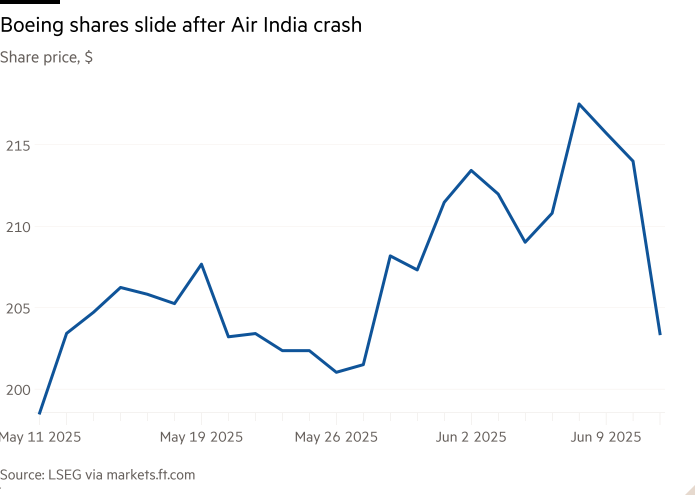How long can Europe’s EV sales comeback last?
Stay informed with free updates
Simply sign up to the Electric vehicles myFT Digest — delivered directly to your inbox.
Sales of electric vehicles have enjoyed a resurgence in Europe this year but analysts warn that geopolitical turbulence and regulatory uncertainty could threaten their continuing momentum.
A sharp rebound in EV demand across the continent has been one of the few bright spots for carmakers at a time when Porsche, Volvo Cars, Mercedes-Benz and others have reduced or withdrawn their earnings forecasts due to the turmoil caused by Donald Trump’s rapidly evolving tariff war.
Registrations of new electric cars in wider Europe and the UK have increased 28 per cent to 573,500 vehicles during the first three months of the year, driven by a sharp recovery in Germany, according to European car industry body ACEA.
At Volkswagen quarterly sales of EVs in the continent have more than doubled, with every one in five cars sold in western Europe now fully electric. BMW also reported a 64 per cent year-on-year jump in EV retail sales in Europe from January to March, while global sales of EVs at Renault increased 88 per cent.

Tesla was one of the few exceptions, with its EV sales in Europe declining 37 per cent during the same period as the consumer backlash against Elon Musk’s political activism continued.
Analysts say the broader rebound in EV sales across Europe had been expected since many carmakers had delayed sales of their new EV models until early this year to make it easier for them to meet the EU’s tougher emissions regulations. Cheaper offerings of electric cars below €25,000, such as the Renault 5 and Citroën ë-C3, also boosted consumer demand.
At an earnings briefing in late April, Fabrice Cambolive, chief executive of the Renault brand, said the success of the Renault 5 showed that the small car segment was capable of shifting to fully electric vehicles. “This is a big trend,” he added.
Renault’s strong sales came even as EV sales in France have fallen 7 per cent in the first quarter following the removal of generous government subsidies that bolstered EV sales in early 2024. The government will introduce more subsidies in the second half of the year but the package is set to be less generous, said Marie-Laure Nivot, head of automotive analysis at AAA.
In Germany, the return of corporate customers facing the expiry of subsidised lease contracts from 2022 was prompting a fresh wave of vehicle orders, said automotive analyst Matthias Schmidt.
Daniel Schwarz, analyst at Stifel, added that the long-term trend of falling electric vehicle prices, coupled with rising costs for combustion engine cars, have supported a steady uptick in EV demand.
Despite the latest encouraging data, a continued rise in EV demand will not be a straight line.
The EU’s recent decision to ease its emissions regulations for combustion engine vehicles, though welcomed by carmakers, “could temporarily slow battery electric vehicle penetration (BEV) in the EU” as it reduces pressure for an aggressive rollout for car companies, according to Schwarz.
In an interview, Michael Lohscheller, chief executive of EV maker Polestar, said regulators needed to provide clarity for consumers so they do not hesitate to make the electric shift. “Wherever there is uncertainty, people wonder about this,” he added.
The greater flexibility in the EU’s emissions rules also comes as the industry is under heavy pressure from the policy uncertainty and higher tariffs unleashed by Trump’s trade tensions which could slow costly investments in EVs.

“This is the year where Europe needs to double down on pushing electric cars to the market,” said Chris Heron, secretary-general of trade association E-Mobility Europe. “But things happening globally are going to make that more challenging for everyone.”
The rise in EV sales is also a double-edged sword for some carmakers because profit margins on electric cars are still lower than petrol vehicles due to high battery costs. For those such as Volkswagen, who do not have an affordable EV on the market, need to offer heavy discounts to persuade consumers to make the electric switch.
“The significant expansion of BEV volumes, particularly in Europe, as well as the ramp-up costs of numerous new models . . . are expected to burden earnings in 2025,” Arno Antlitz, VW’s chief financial officer, recently told analysts.
The German group will launch its ID2 — its first EV with a price tag under €25,000 — next year and an even lower priced ID1 in 2027. “With the ID2 family, the margin dilution effect of the BEVs should really then be much smaller than today,” Antlitz added.





